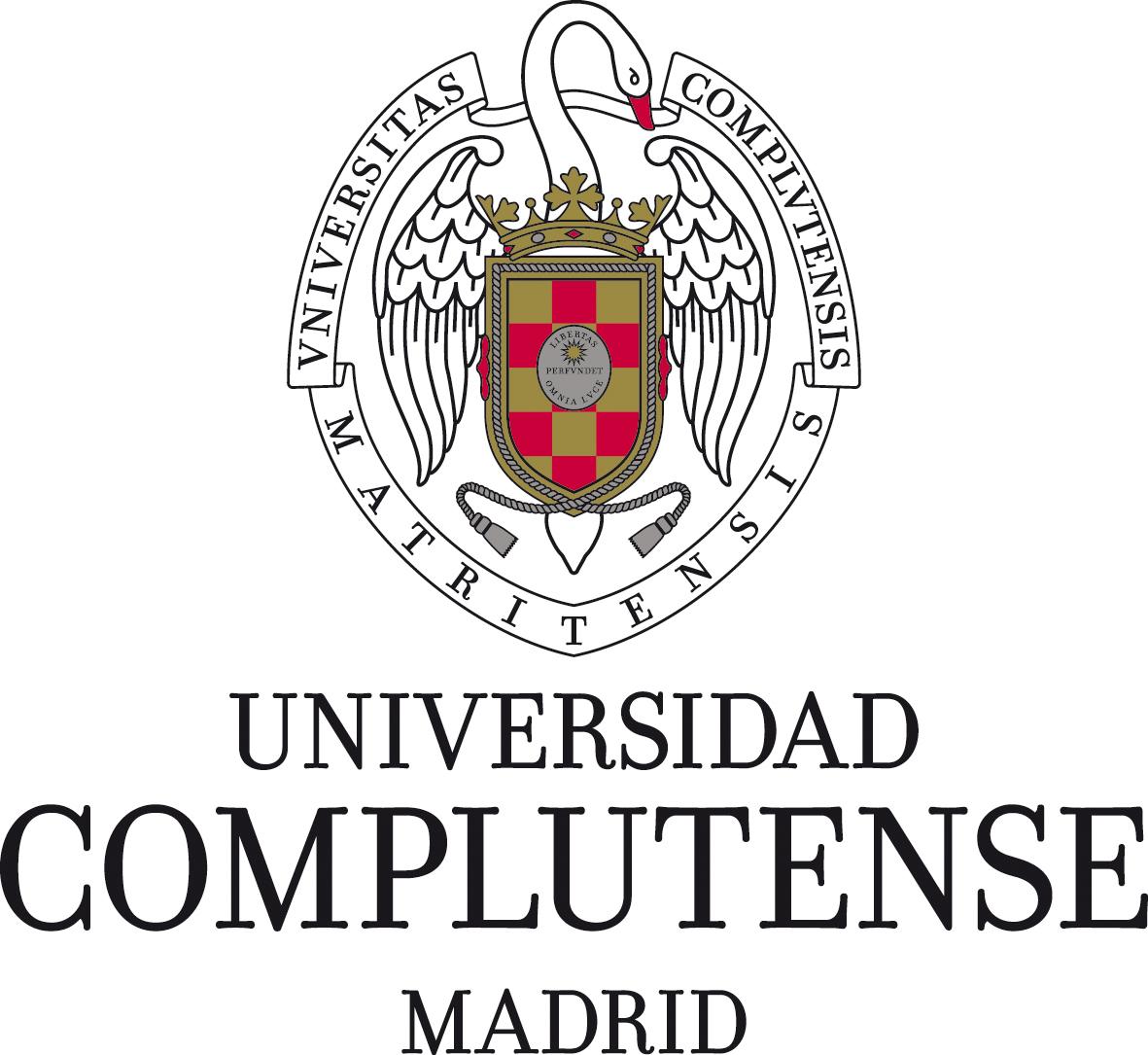¿Cómo usan las redes sociales para informarse sobre ciencia los futuros docentes?
03 Jun 2024

En nuestra publicación más reciente, se llevó a cabo una encuesta para investigar cómo los futuros docentes de cinco universidades españolas buscan información sobre ciencia y tecnología utilizando recursos informales, especialmente en Internet. El estudio además analiza las fuentes que más utilizan y las similitudes o diferencias con la población en general. Esto sería un indicador de su disposición a obtener información e incluir fuentes informales en los procesos educativos cuando sean profesores en activo.
Resultados del Estudio
Los resultados revelan que los futuros docentes muestran patrones de búsqueda de información similares a los de su grupo de edad en la población general. Principalmente, dependen de Internet y las redes sociales como sus principales fuentes de información. Esto no es sorprendente, considerando la penetración y accesibilidad de estas tecnologías en la vida diaria de los jóvenes.

Sin embargo, debido a su condición de estudiantes universitarios, estos futuros docentes también consultan una gama más amplia de fuentes, incluyendo recursos académicos. Este comportamiento indica que, aunque confían en los medios informales para obtener información rápida y accesible, también valoran y utilizan las fuentes académicas para obtener información más rigurosa y detallada.
Implicaciones para la Formación Docente
Este conocimiento tiene importantes implicaciones para la formación de profesores. Entender los hábitos de búsqueda de información de los futuros docentes puede ayudar a diseñar enfoques didácticos más efectivos. Por ejemplo, se puede incentivar el uso de diversos canales de información para mejorar el aprendizaje contextualizado de las ciencias.
Es preocupante que los futuros docentes encuestados muestren menos interés y se sientan menos informados sobre ciencia y tecnología que su grupo de edad en general. Se recomienda enfocar la formación en transformar sus habilidades digitales en competencias docentes y desarrollar conocimientos específicos sobre la ciencia en la sociedad y cómo es percibida por los estudiantes. Esto puede mejorar las habilidades digitales, promover ideas sobre la naturaleza de la ciencia y avanzar en la educación contextualizada y en temas socio-científicos, beneficiando así la enseñanza futura.
Más información
Investigating pre-service teachers’ use of social media for information about science
Fernández-Carro, R., Vílchez-González, J. M., Vílchez, J. E., & Ezquerra, Á. (2024). Investigating pre-service teachers’ use of social media for information about science. International Journal of Science Education, Part B, 1-15. DOI: https://doi.org/10.1080/21548455.2024.2342038
Consúltanos
sin compromiso
Resolvemos tus dudas y te asesoramos teniendo en cuenta todas tus necesidades.

